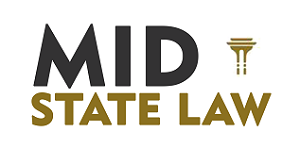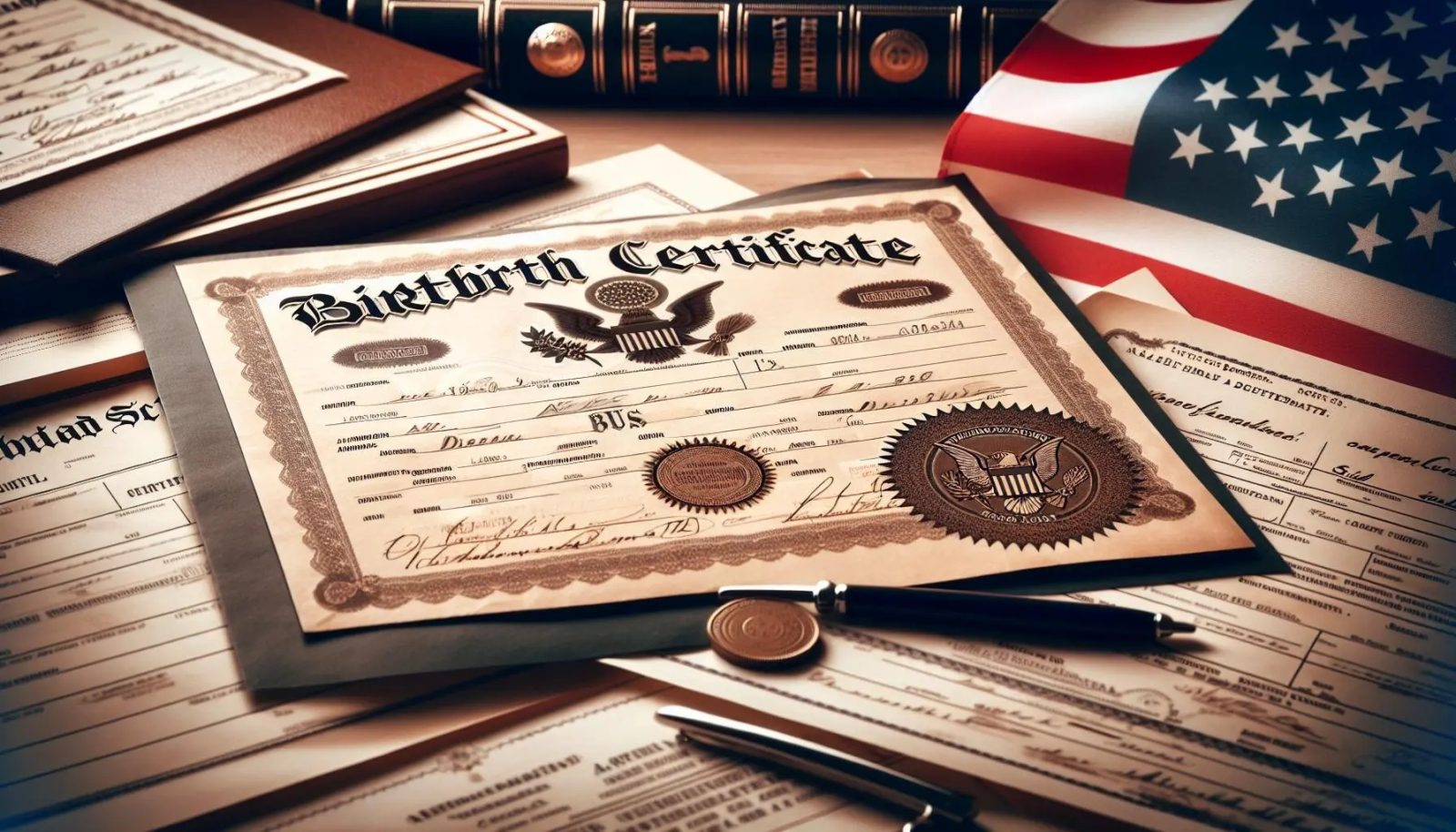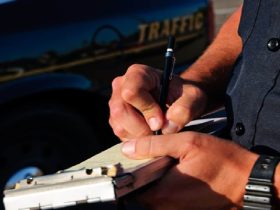When pursuing teaching opportunities overseas, obtaining apostille services for your teacher certification is often necessary for your qualifications to be officially recognized in foreign countries. Here are the top 10 tips for researching how to obtain an apostille for your teacher certification to teach abroad:
- Check the Apostille Requirements of the Destination Country
- Research whether the country where you plan to teach is a signatory of the Hague Apostille Convention. If it is, you will likely need an apostille to validate your teacher certification. If the country is not a signatory, you may need consular legalization instead.
- Verify Teacher Certification Requirements
- Different countries have varying standards for teaching qualifications. Check with the local education ministry or recruitment agency in the country where you want to teach to find out what specific documents are required and whether an apostille for your teacher certification is necessary.
- Determine Which Documents Need Apostille
- Determine which documents are required for the apostille process. This may include your teaching certificate, diplomas, transcripts, or letters of recommendation. Some countries may only require your teaching certification, while others may require all related educational documents to be apostilled.
- Understand the Apostille Process in Your Home Country
- Research how to get an apostille for your teacher certification. In the U.S., the apostille process is handled by the Secretary of State in the state where the certification was issued. Familiarize yourself with the specific procedures, fees, and processing times for obtaining an apostille on your certification.
- Confirm the Need for Notarization
- Some countries may require notarization of your teacher certification before it can be apostilled. Check whether your certification needs to be notarized by a public notary or the educational institution before you can submit it for an apostille.
- Plan for Certified Translations
- If your teaching certification is not in the official language of the country where you plan to work, you may need a certified translation of the document. Some countries require both the original and the translated version to be apostilled. Ensure you have a certified translator who can complete this requirement.
- Confirm Processing Times for Apostille
- The time it takes to obtain an apostille can vary depending on your home country, state, or the issuing authority. Plan ahead and allow ample time for the apostille process, especially if you need it in time for visa applications, job offers, or relocation.
- Consult with Foreign Educational Authorities
- Before applying for the apostille, reach out to the foreign educational authorities or the school district where you plan to teach. Confirm whether they require specific steps beyond just the apostille, such as a credential evaluation or additional certifications, to validate your qualifications.
- Check for Additional Documentation Needed
- In addition to your teaching certification, some countries may request other supporting documents like proof of teaching experience, teaching evaluations, or a criminal background check. Ensure that all required documents are apostilled or otherwise validated according to the foreign country’s requirements.
- Use an Apostille Service if Necessary
- If the process seems complicated or you’re unsure about the specific steps for obtaining an apostille, consider using a professional apostille service. These services can assist with submitting your teacher certification, notarizing, translating, and ensuring the apostille is issued correctly.
Bonus Tip:
- Consider Credential Evaluation: Some countries or employers may require a credential evaluation to assess whether your teaching qualifications meet their local standards. Check whether this evaluation needs to be done before or after the apostille process.
By following these tips, you can ensure that your teacher certification is properly apostilled, making it internationally recognized and accepted for teaching opportunities overseas. This will help you meet the legal and professional standards required to teach in foreign countries.
Top 10 Tips for An FBI Background Check Apostille for Dual Citizenship or Naturalization.
When applying for dual citizenship or naturalization in a foreign country, an FBI background check apostille is often a critical component of the documentation process. The apostille authenticates the background check and ensures it is legally recognized in the destination country. Here are the top 10 tips for obtaining an FBI background check apostille for dual citizenship or naturalization:
- Understand the Country’s Requirements for Citizenship or Naturalization
- Research the specific requirements for dual citizenship or naturalization in the country you are applying to. Many countries require a background check as part of the application process, and the document will often need to be apostilled for international recognition.
- Confirm the Necessity of an Apostille
- Some countries will accept an FBI background check without an apostille, while others will only recognize apostilled documents. Verify with the embassy or consulate of the country where you’re applying for citizenship to confirm whether an apostille is needed for your background check.
- Order Your FBI Background Check
- Before obtaining the apostille, you will need to request your FBI background check. This process involves submitting your fingerprints to the FBI. Be sure to follow the official process and allow enough time for processing, as this can take several weeks.
- Ensure the Background Check is Recent and Complete
- Many countries require that the FBI background check be recent (usually within the last 6 months) to ensure its accuracy. Make sure your background check is complete and up-to-date, as incomplete or outdated checks may delay your application.
- Understand the Apostille Process in Your Country
- In the U.S., the Secretary of State handles the apostille process for FBI background checks. You will need to submit the original background check to the appropriate state office for apostille. Research the specific process in your home country or state, as each jurisdiction may have different steps or fees.
- Check Processing Times for the Apostille
- Obtaining an apostille for your FBI background check can take several weeks. Start the process early to ensure the apostille is ready when you need it for your citizenship or naturalization application. Some states or countries may offer expedited services for an additional fee.
- Plan for Document Translation (If Required)
- If the country where you are applying for citizenship does not use English as an official language, you may need to translate your FBI background check and the apostille into the local language. Certified translations are typically required, and both the original and translated versions may need to be apostilled.
- Verify if Any Additional Documents Are Required
- Some countries may require additional documents along with the FBI background check and apostille, such as proof of residence, birth certificates, or marriage certificates. Be sure to compile and apostille all required documents to avoid delays in the citizenship process.
- Consult with the Consulate or Immigration Lawyer
- The process for dual citizenship or naturalization can vary significantly from country to country. It’s a good idea to consult with the consulate or an immigration lawyer in the destination country to confirm all specific requirements for the apostille and other documentation.
- Use an Apostille Service If Needed
- If you’re unsure about the apostille process or need assistance with submitting your documents, consider using a professional apostille service. These services can help you obtain the apostille for your FBI background check and ensure that all the necessary paperwork is submitted correctly.
Bonus Tip:
- Double-Check for Criminal Record Requirements: Some countries may have specific criminal record requirements related to certain offenses (e.g., serious crimes). Be sure to check the type of background check the country accepts, as some may require more than just an FBI background check.
By following these tips, you can ensure that your FBI background check apostille is correctly processed and ready for use in your dual citizenship or naturalization application, helping you meet the legal and procedural requirements of the country you’re seeking to join.






